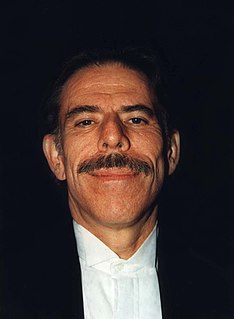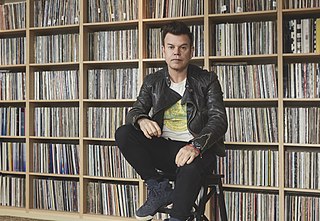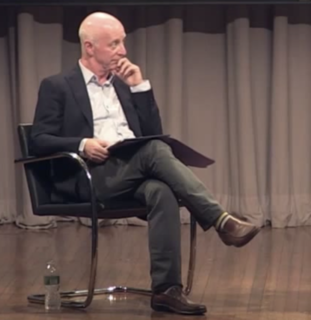A Quote by Wong Kar-wai
I have an image of Shanghai, which is quite different from other directors, I think. The story of Shanghai should happen in back alleys.
Related Quotes
While certain coastal cities have become very prosperous, the rest of China has a per capita income of $200 a year. The coast wants to have nothing to do with the interior; it wants to work with Tokyo and New York. This is an old story in China. It is why Mao succeeded in 1927. He wanted [coastal] Shanghai to throw the foreigners out, but Shanghai was doing too well financially [to expel foreigners]. So Mao went to the interior and raised a peasant army. He came back to Shanghai and sealed off the country.
Our company has only been active in Beijing and Shanghai, two very market-dominated cities. This was an advantage. Land is purchased here in public auctions, in a transparent way. When you do real estate development outside Beijing and Shanghai it is good to have "guanxi" - good relations within the local government.
People in Shanghai make a lot more money than the farmers in the rice paddies. The rice-paddy farmers are not buying Louis Vuitton bags, but the upwardly mobile ones in Shanghai, who are all working in Wall Street-type firms, are infinitely better-dressed than people in the West. Their women take this fashion thing seriously.
The Chinese central government will slowly and steadily lose authority while regional armies [gain power]. The Western powers are going to take sides to protect their investments - they have put billions of dollars into Shanghai. Their fear is that [these investments] are going to be expropriated by a warlord from the interior who will sweep down on Shanghai. They will try to form alliances with warlords to protect their concessions, and there will be a huge flow of weapons into China.
When we started out, we were among the first. Beijing had no and Shanghai had very few large buildings. At that time, it was all about building, building, building - and then selling, selling, selling. We were working like a manufacturer. Soon, however, we realized that land was running out in Beijing and Shanghai. So we started keeping our buildings, and managing and renting them out. We became landowners. That was the second act.


































